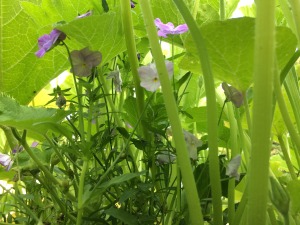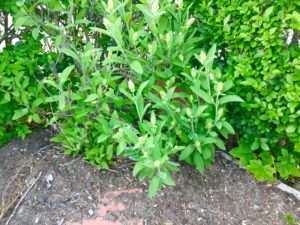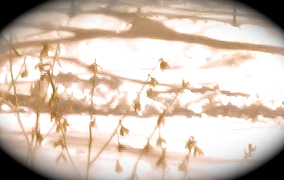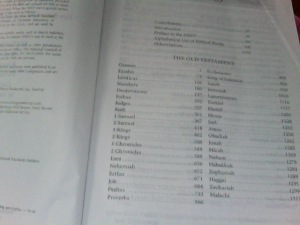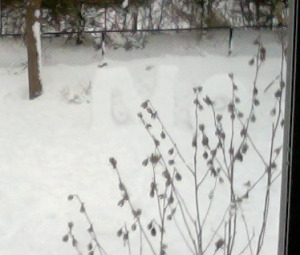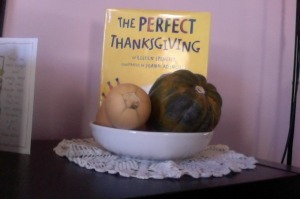Hear, my child, your father’s instruction, and do not reject your mother’s teaching. Proverbs 1:8 NRSV
Listen, children, to a father’s instruction, and be attentive, that you may gain insight; for I give you good precepts: do not forsake my teaching. When I was a son with my father, tender, and my mother’s favorite, he taught me, and said to me, “Let your heart hold fast my words; keep my commandments and live. Get wisdom and insight: do not forget, nor turn away, from the words of my mouth. Proverbs 4:1-5 NRSV
If you want to see good parenting, look in the grocery store or the public library; if you want to see atrocious parenting, do the same. In any number of shops or schools you will see parents ignoring their children, or speaking to them in ways that demean and humiliate. You will also see loving glances between parents and their children, and hear patient and respectful dialogue even in difficult situations. The power these words have to foster or maim the spirit isn’t immediately visible most times – it’s five, ten, twenty, forty years down the line that it’s revealed in the beauty and the ugliness, the soundness and the brokenness that mark the men and women the children grew into.
What happens when a parent says to a child: listen to me! What happens when a mother or father tells a son and a daughter that life and wisdom comes from listening to what is said? I think the answer depends not so much on the exact words as much as the actions of their source. If love and respect are offered to a child, parental mistakes and shortcomings will be forgiven and advice will be experienced as an offering of love. If fear and insulting judgement are offered, parents will be unable to admit mistakes and faults, foisting whatever is imperfect upon their child’s narrow shoulders – a burden rather than a blessing. It doesn’t matter how good and true the words used might be – they are weaponized, harming the child and even the child’s child.
The source and the message are never truly separate either way. For this reason alone, it should make us think very carefully and deeply before we say these three words: listen to me! Because our children will…

